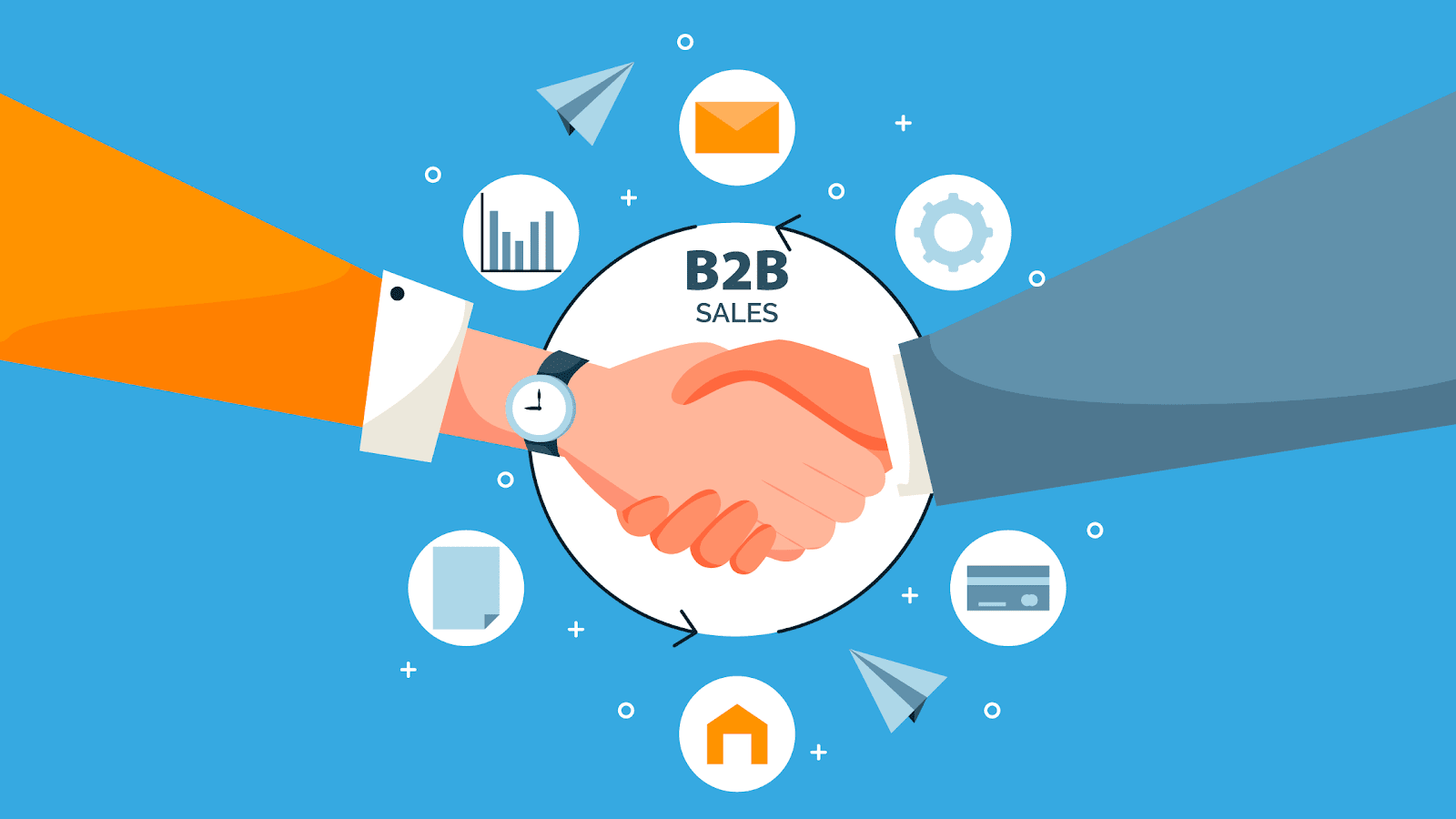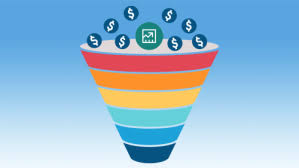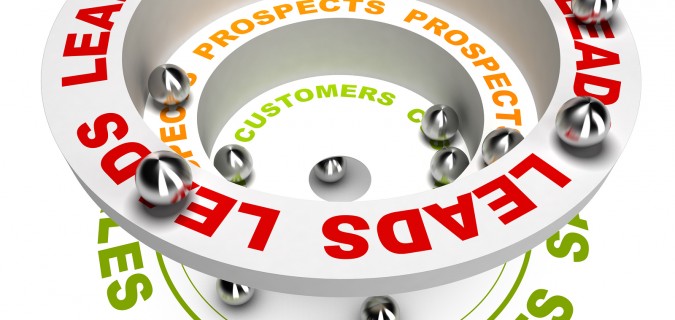As B2B sales professionals, it is important to develop an effective strategy for converting prospects into Sales Qualified Leads. Without being too pushy or aggressive, there are several techniques and tactics you can use in order to convince your prospect that what you have on offer is value they should invest their hard-earned money in. From offering informative resources such as webinars and white papers to showing the potential customers why they would benefit from purchasing – these strategies all help with increasing sales conversion rates without creating a negative impression on buyers.
A Key to successful sales lies in finding Sales Qualified Leads. Business-to-business (B2B) companies are now investing more time and resources into prospecting top leads, as this will help them close their deals much faster. It’s important to ensure that engagement stays at a formal level when trying to convince prospects – being too pushy may drive away potential opportunities. Convincing prospects of the value of your services without being too pushy is important for generating sales in a B2B market.
Selling services in the B2B market can be tricky. You want to persuade prospects without being too pushy or aggressive. For selling a service, there are several tips that will help make sure you convince prospects without feeling pushed into deciding what they’re not comfortable with. In this article, we will discuss how you can effectively convince prospects to purchase your services without using strong-arm tactics. We will explore ways you can convince potential customers to purchase your products or services without coming across as overly aggressive.
Focus on Relationship Building:
In order to persuade people to buy from you, it’s important that you focus on building relationships with them first. This means creating trust and familiarity through conversations and meetings so they feel comfortable doing business with you. To do this, let them know what makes you different from other companies in the industry and why clients should buy exactly from you instead of from others. Showcase real-world examples where partnering up with your company has provided tangible benefits for past customers—such as cost savings, increased efficiencies, etc.
Use Value-based Selling Strategies: Once familiarization with prospects there must be Some strategies that work well including highlighting all the features that come along with your product or service, outlining opportunities for future growth, and emphasizing added value such as discounts available after signing agreements early during limited time promotional phases since those create experiences worth remembering even more unique.
Listen carefully when talking about their needs and objectives: Asking questions related to their business goals, challenges they face and any investments already made is an effective way of getting them involved in the conversation from the start. This sort of engagement allows you both to come up with potential solutions as partners rather than adversaries vying for control of the best course of action, which makes them more likely to trust the advice offered by yourself in future conversations regarding follow-up sales initiatives.
Build relationships before trying to close deals: It might sound counterintuitive, but building relationships should take priority over focusing solely on closing deals quickly. Prospects who feel valued by their partner stick around longer instead of running away after hearing harsh sales talk from vendors who primarily prioritize lead scoring metrics ahead of customer experience and value seller/buyer relationship cultivation efforts. Reassuring clients that providing value is a top priority helps build mutual trust, hence leading a smoother process between all parties while avoiding disputes that impede further progress/development activities.
Focus on informing, not intruding: One important thing to remember here is that everyone has different needs. Prospects should always receive information pertinent to the chosen path. Providing detailed facts and extensive decks may sometimes overwhelm some audiences leading to loss of precious time discussing minor points surrounding the product even if said items aren’t necessarily the main part itself resulting in less attention towards core features and causing chaotic conversations during pitch meetings where primary goal was supposed to end partnership deal fast and efficiently.





